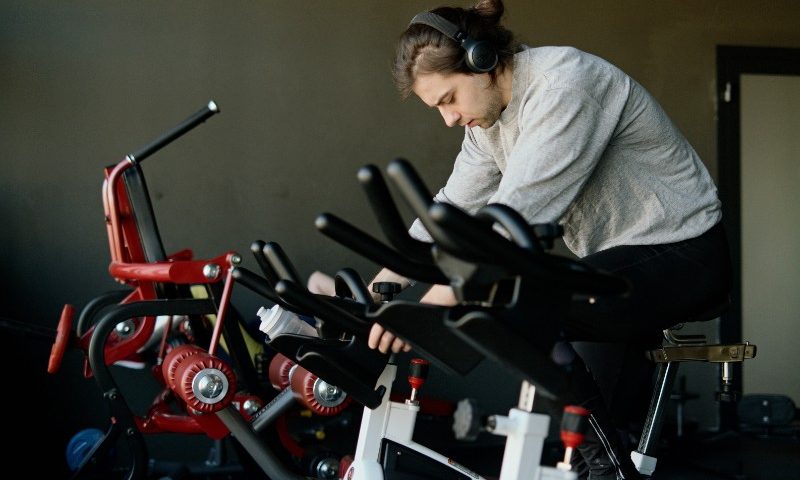As a musician and singer/songwriter, I love different types of music, from classical to jazz, world, and fusion. When I’m working out, I like to mix it up a bit, but I’m definitely a fan of the 80s, a punchy kick drum, dreamy synths, and a fast tempo. If I’m winding down with a gentle yoga routine, it’s probably time for some slow and meditative melodies.
Fueling your workout with melodies, bass, and beats

Previous research has shown that people who run while listening to music perform better than those who run in silence. The researchers noted that self-selected motivational music helped runners focus their minds and push through higher intensities to complete the run, even when they were mentally fatigued. One study revealed that music helps runners boost their cadence and run faster.
Studies are mounting on the psychological and physiological impact of music on athletes. In another interesting study, researchers explored whether listening to classical music impacted agility and free-throw shooting in female basketball players.
The power of classical music

In a study published in the International Journal of Sport Studies for Health, researchers assigned 26 female basketball players to two groups: one control group without classical music and an experimental group with classical music.
The results

The study authors concluded that listening to classical music significantly enhanced the performance of the basketball players in agility and free-throw shooting tasks. There was a significant difference in the post-test scores between the experimental group that listened to classical music and the control group that did not. It turns out that Beethoven and Chopin aren’t just for winding down or trying to concentrate more on a productive task; this type of music is a good choice for the basketball court and sports field, too.
Does classical music make exercise seem a little easier?

In yet another interesting six-week study from Wroclaw University of Health and Sport Sciences, researchers revealed that female gymnasts who trained along with classical music experienced better balance and mood, and lower perceived effort, compared to those who trained without meandering melodies.
Perceived effort refers to how difficult you perceive the exercise to be. A lower perceived effort in the literature means the study participants felt like the workouts were less challenging, which makes them more likely to push through compared to a higher perceived effort.

In this research, classical music enhanced movement control and helped the gymnasts feel emotionally grounded and focused. Endurance runners have described music as a mental companion. I’ll remember this on my next workout and turn on Bach or Strauss. As a huge fan of classical music, I’m pretty happy about this research.




